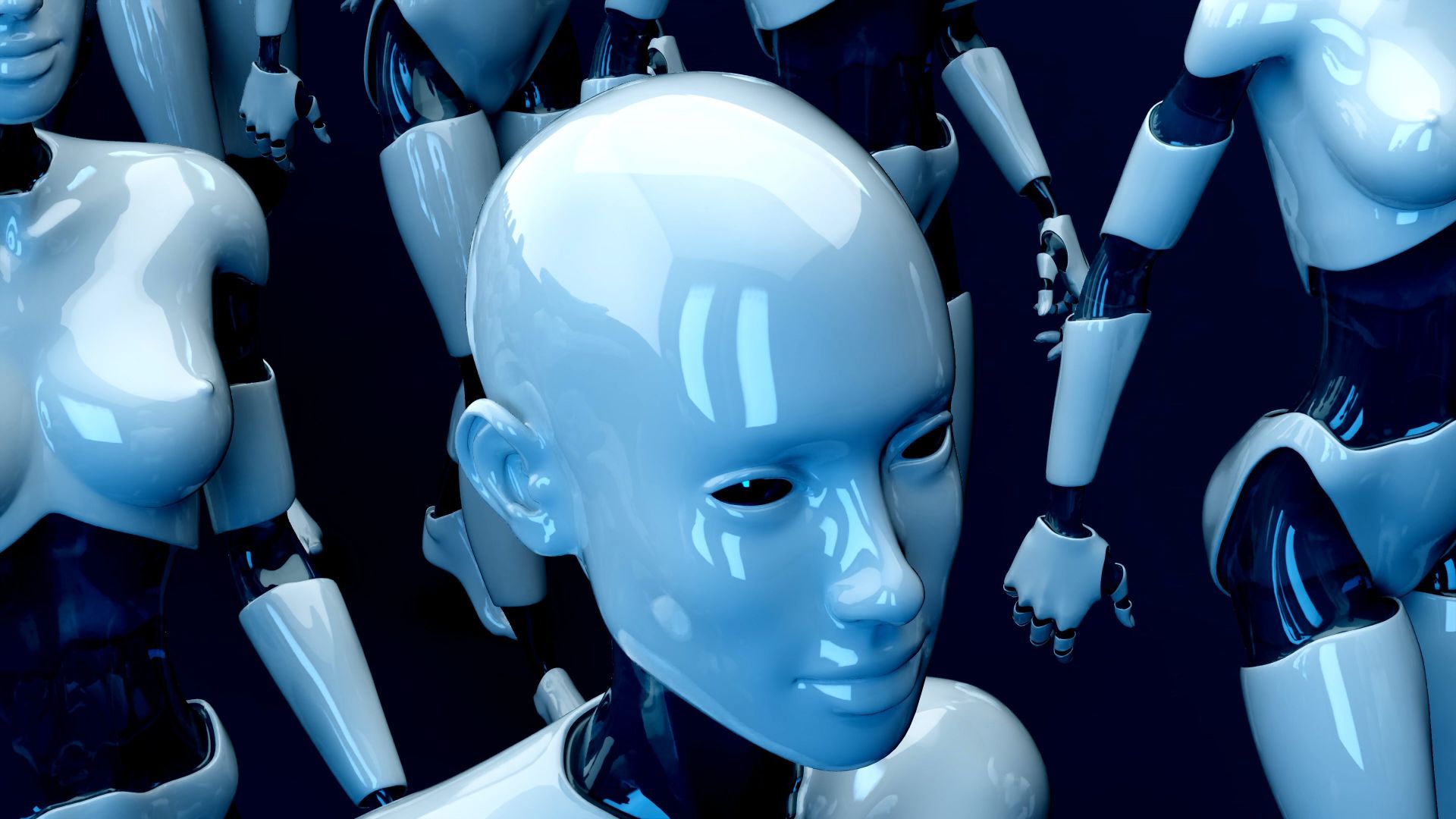The disturbing Taylor Swıft AI porn images are all over the internet, and many people are against such posts, including Swifties and all the other people with a substantial amount of common sense. Obviously, our laws are still not “there” to address and punish, or at least execute consequences, against bad actors behind these images. But what can be done to stop this nonsense and use the juicy fruits of artificial intelligence within the borders of ethics?
Taylor Swift AI porn can lead the way to a much-needed change
The Taylor Swift AI porn incident, which has captured the attention of US politicians and fans alike, could be the catalyst for a much-needed overhaul in how we regulate and understand deepfake technology.
US Representative Joe Morelle has termed the spread of these explicit, faked photos of Taylor Swift as “appalling.” The urgency to address this issue has escalated, with the images garnering millions of views on social media platforms. Before its removal, one particular image of Swift had been viewed a staggering 47 million times.
The incident has led to significant actions from social media sites, with some, like X, actively removing these images and restricting search terms related to Taylor Swift AI. This proactive approach, however, highlights the larger issue at hand: the pervasive and unregulated spread of deepfake content.

What happened?
For those who are not familiar with the latest Taylor Swift AI porn scandal, here is a quick recap for you. Taylor Swift, an icon in the music industry, recently found herself the subject of AI deepfake imagery. These explicit pictures, portraying her in offensive scenarios, have not only outraged her fans but also raised alarms about the misuse of AI in creating such content. The incident began on X, triggering a widespread debate about digital ethics and the potential harms of AI.
Swift’s fanbase, known as Swifties, have rallied on digital platforms, trying to suppress the spread of these images by overwhelming the topic with unrelated content. Their actions symbolize a collective defense of Swift and a stand against the misuse of AI technology. Taylor Swift is not the only person who had to face these scandalous images and it looks like she will not be the last if the federal law leaves these images in the grey area.
Taylor Swift AI pictures reveal the dark side of AI
AI’s threat to humanity
The Taylor Swift AI porn incident brings to light a broader, more disturbing trend: the increasing threat of AI to humanity. Deepfake technology, a subset of AI, poses significant risks due to its ability to create realistic yet entirely fabricated images and videos. Initially seen as a tool for entertainment and harmless creativity, this technology has rapidly evolved into a weapon for personal and widespread exploitation.
AI’s ability to manipulate reality is a privacy concern and a societal threat. The ease with which deepfakes can be created and disseminated poses a challenge to the very notion of truth and authenticity in the digital space. It fuels misinformation, potentially leading to widespread confusion and mistrust, especially in sensitive areas like politics, journalism, and public opinion.
Moreover, the psychological impact on the victims of deepfake pornography, like Taylor Swift in this case, is profound. These victims experience violation and distress, often leading to long-term emotional trauma. The fact that AI can be used to target individuals in such a personal and invasive manner highlights the ethical crisis at the heart of this technology.
The Taylor Swift AI porn incident is a stark reminder of AI’s potential for harm. It underscores the need for ethical guidelines and regulations to govern AI development and usage, ensuring that technology serves humanity positively rather than becoming a tool for exploitation and harm.

Are Taylor Swift AI porn images illegal?
The legality of Taylor Swift AI porn images, such as those of Taylor Swift, varies significantly across jurisdictions. In the United States, the legal framework is patchy and largely ineffective at the federal level. Only 10 states have specific laws against the creation and distribution of deepfake pornography. This lack of comprehensive legislation leaves victims like Swift in legal limbo, uncertain of how to proceed against such violations.
The question of legality is further complicated by the nature of the internet and digital platforms, where jurisdictional boundaries are blurred. The creators of such content often remain anonymous and may operate from locations with different legal standards, making it challenging to enforce any legal action against them.
In contrast, Europe is attempting a more structured approach. The European Union’s proposed Artificial Intelligence Act and the General Data Protection Regulation (GDPR) aim to regulate AI-generated content like deepfakes. The GDPR mandates consent for using personal data, such as images or voices, in creating content. However, these regulations face hurdles in enforcement, especially when dealing with anonymous creators and international boundaries.

What should be done?
The Taylor Swift AI porn incident underscores the urgent need for federal legislation against deepfake and AI-generated images in certain cases. Comprehensive laws should be implemented to regulate the creation and distribution of deepfake content, especially when it involves non-consensual pornography.
Beyond legislation, there is a need for technological solutions, like AI detection tools, to identify and flag deepfake content. Public awareness campaigns are also crucial in educating people about the nature of deepfakes and the importance of verifying digital content.
In conclusion, the Taylor Swift AI porn incident is a wake-up call. It highlights the darker side of AI and the need for robust legal and technological frameworks to safeguard individuals’ rights and uphold ethical standards in the digital age.
Featured image credit: Chaz McGregor/Unsplash





